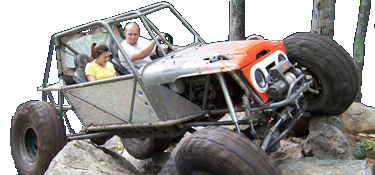RatLabGuy
You look like a monkey and smell like one too
- Joined
- May 18, 2005
- Location
- Churchville, MD
so if your tires are fully inflated whether it be air hydrogen or farts you will get the same mpg. i mean, how much does the volume of air in a tire actually weigh? you could get a better mpg gain if you hit the gym and lost 5 lbs.
It was a joke.
You can't hold He in a tire, it will just leak out b/c He stays un-bonded (at normal temps) and the single-molecule is so small it fits through almost anything... even those cool Kevlar balloons...
However - based on the pricinples - it could (in theory) actually help.
He has weight of ~4, while typical air is ~29. IOW, only 13.8% of the weight. that's a considerable drop relative to what's around it (air), so you get a lifting effect (why balloons fly, eh?).
Now of course you still have the weight of the rubber, wheels, yada yada... but the wpoint is, the total weight of teh rotating mass of the tire has decreased. If I had the time I could probably guestimate it, but that's starting to verge on work

Not much, a fractional bit, but on rotating mass it dosn't take much. This is especially true as your tire gets larger...




